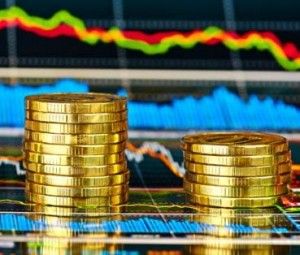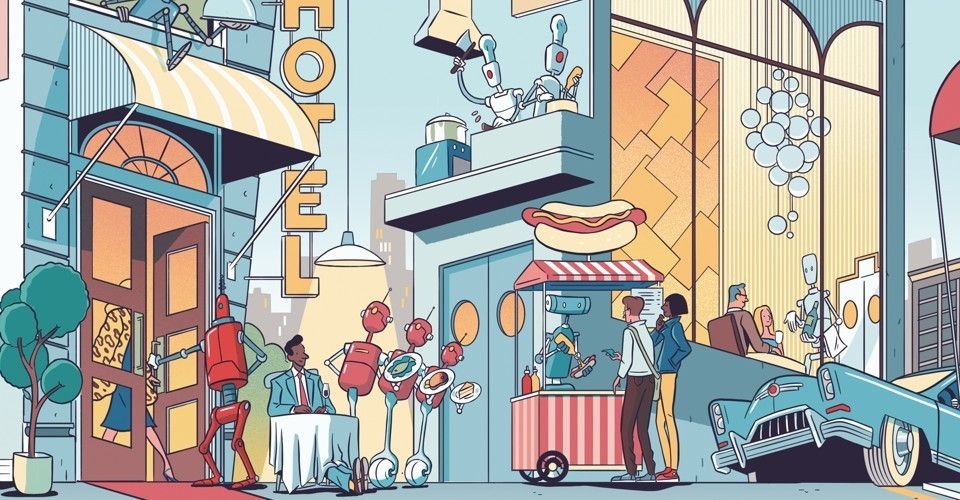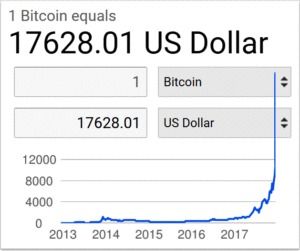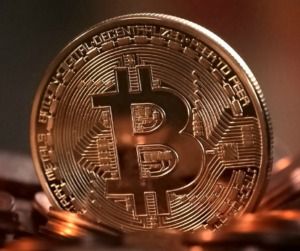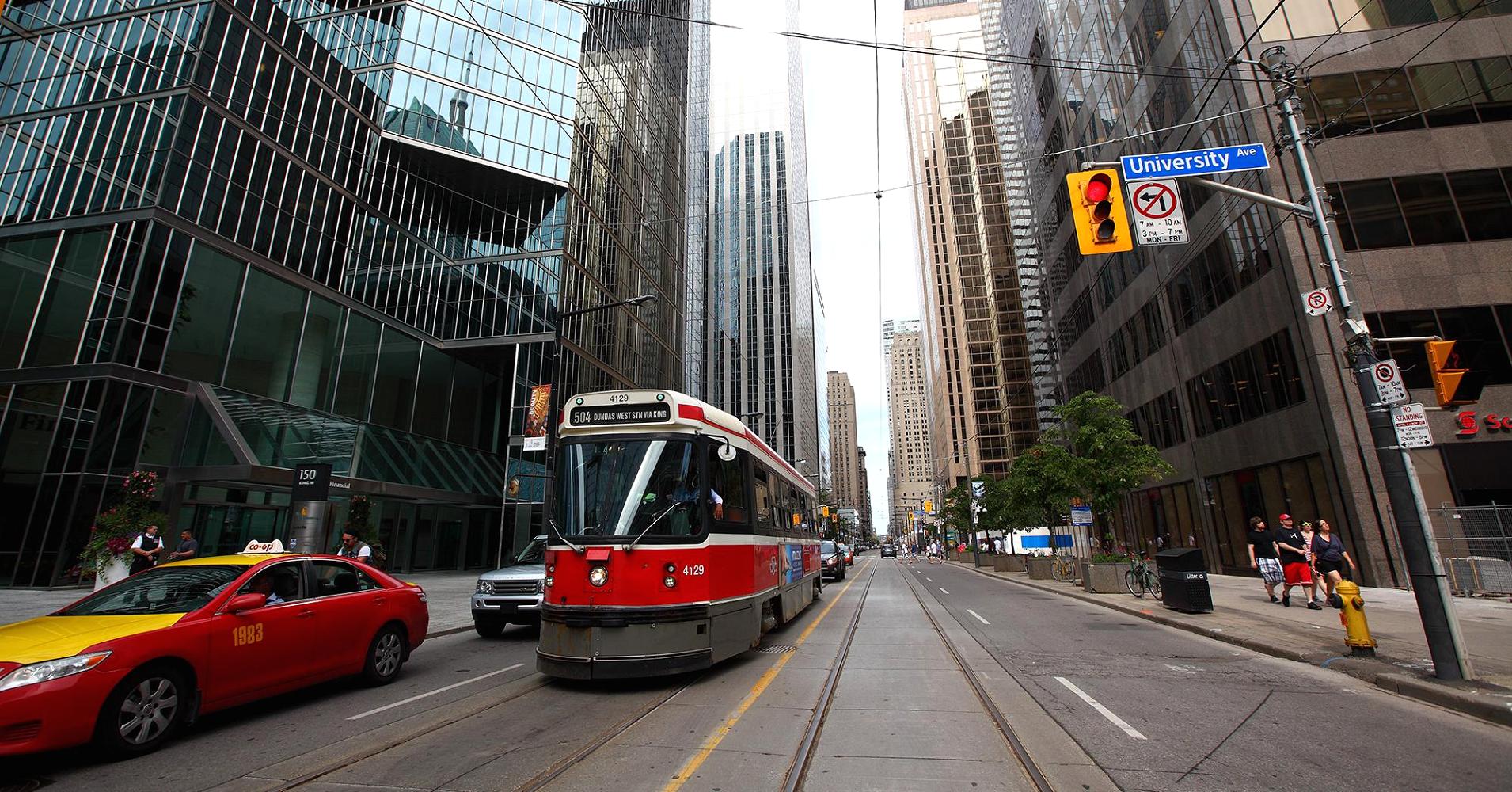In an April 2014 article, I demonstrated how one might approach a fair Bitcoin valuation.
- Original Methodology: What fraction of the daily float
needed to support daily global commerce will Bitcoin capture?
My methodology was based on the demand that Bitcoin would generate if it displaced a small fraction of cash and credit used for retail and commercial payments around the world. At the time, Bitcoin had a value of USD $450. I estimated that if it captured 5% of global payments, it would have a fair value of about $10,000/BTC (I didn’t complete the calculation—I left that up to the reader. That’s because I was concerned that publishing such a prediction would cause me to lose credibility as an economist and blogger. For what it is worth, I also predicted that a rise to $10,000 would take 5~8 years.
As you might imagine, my friends and family urged me to unload my BTC investment. The April 2014 price of $450/BTC seemed very high to most armchair analysts. After all, thirteen months earlier, it had been just $45.
Yet, now, just 2½ years later, Bitcoin has reached $18,000 per coin. Last week, on Dec 7, 2017, it climbed 40% in just 40 hours, and 120% in less than 2 months. Naturally, this leaves everyone asking if Bitcoin’s rapid rise in value represents an investment “bubble”.
…And so it is time to update the calculation of a fair value for Bitcoin. I can’t do better than point to a terrific prediction model described by Divyanth Jayaraj. His answer to a question at Quora presents a sound basis for valuation—much better than my original valuation method. How so?…
- Reserve Methodology: What fraction of int’l business will be
settled with the transfer of Bitcoin instead of Gold or Dollars?

Bitcoin is rapidly demonstrating viability as a reserve rather than a daily transaction currency. Few people believe that Bitcoin will replace national currencies throughout the world, but it very well may replace gold for government and interbank settlement, and for large intercontinental purchases of commodities, such as oil, grain or airplanes.
Sure! When developers and miners get a handle on transaction cost and delays, it may also become a de facto instrument for retail payments and debt settlement even among consumers. But, even if Bitcoin never achieves this status, Divyanth’s excellent analysis is still valid.
I won’t steal the author’s thunder. Click the link and learn what is very likely to be a fair future value for Bitcoin. Prepare to digest a very large number. I didn’t think of this valuation methodology, but I agree that it represents a realistic peek into the future.
For a few other methods of determining Bitcoin’s inherent value, check out the links at the bottom of my original article. But that was then and this is now. Give extra weight to this newer analysis. The methodology is more accurate given what we know now.
Philip Raymond co-chairs CRYPSA, publishes A Wild Duck and hosts the Bitcoin Event. He was keynote at Cryptocurrency Expo in Dubai. Click Here to inquire about a presentation or consulting engagement.
